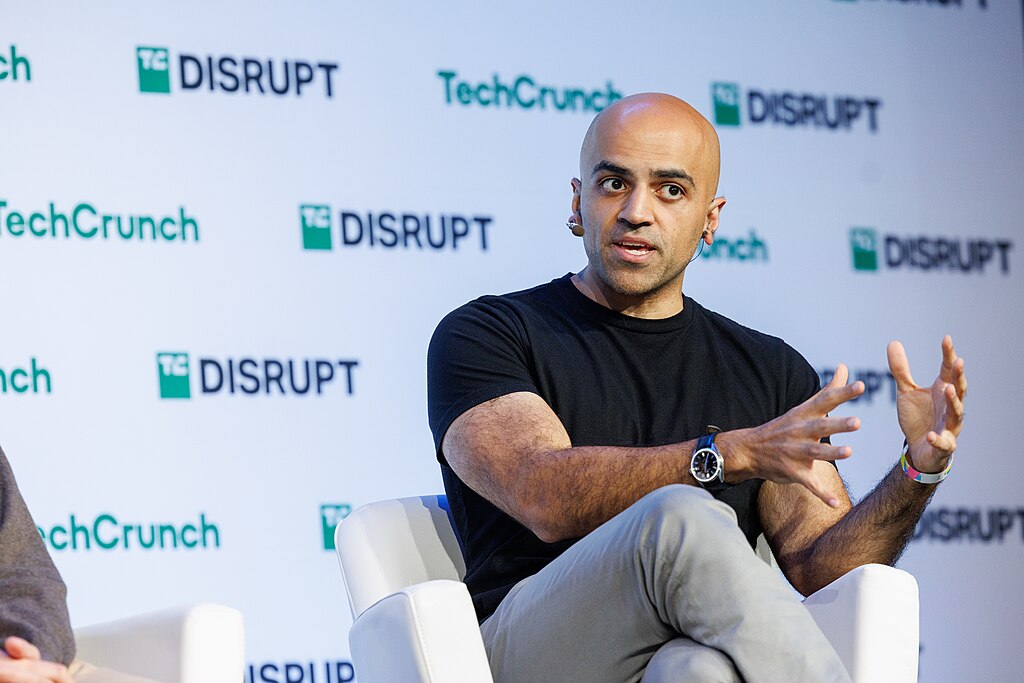Ripple is one of the leading companies that are trying to expand the crypto industry in an attempt to accelerate the mass adoption of the technology. To achieve this, the company has created Xpring, an initiative that will invest in crypto startups if the people behind the endeavor can prove its real-world utility.
The most recent project that got Xpring’s funding is Keyless, a cybersecurity startup based in London that’s developing a product by combining biometrics and multi-party computation. Xpring Senior VP Ethan Beard is convinced about Keyless’ project and believes it can be applied across multiple industries, CoinDesk reported.
“During our technical review, we found Keyless’ solution to be clever and well thought out. We believe Keyless’ solution will be particularly welcomed by wallet providers and exchanges to accelerate the verification process for crypto holders,” Beard said.
How does it work?
The product works by fracturing encrypted biometrics data of users that will be analyzed by a machine-learning algorithm, which will then send the information over to a host of nodes. Both users and companies will be running the nodes on the Keyless network.
Keyless co-founder and chief technology officer Paolo Gasti said that each account will be provided with five nodes. In order for particular data to be decrypted, three of the five assigned nodes will have to agree on the authenticity of the information it’s receiving.
For instance, the user will provide biometric data like fingerprints, voice, and facial structure. The algorithm and nodes will then analyze the given information. If three nodes reach a consensus, the users’ private key is decrypted. If not, the private remains locked.
Keyless’ immense potential
Applying the product on mobile phones can increase the device’s biometrics security since it doesn’t just rely on a single data. That possibility alone can open up a lot of doors for Keyless given that smartphones have nearly become ubiquitous.
The people behind the project claim that they’ve managed to accelerate authentication speed by milliseconds. This initiative has been done by scientists in the past where their decryption speed reached 20 to 30 seconds before data is unlocked. Gasti said that they’ve reduced that time down to 100 milliseconds. So it’s not surprising that Keyless managed to accumulate $2.2 million in seed funding, a figure that reflects the investors’ confidence in the product.
Image credit: https://foto.wuestenigel.com/?utm_source=41942729751&utm_campaign=FlickrDescription&utm_medium=link
License link: https://creativecommons.org/licenses/by/2.0/

























Comment 7